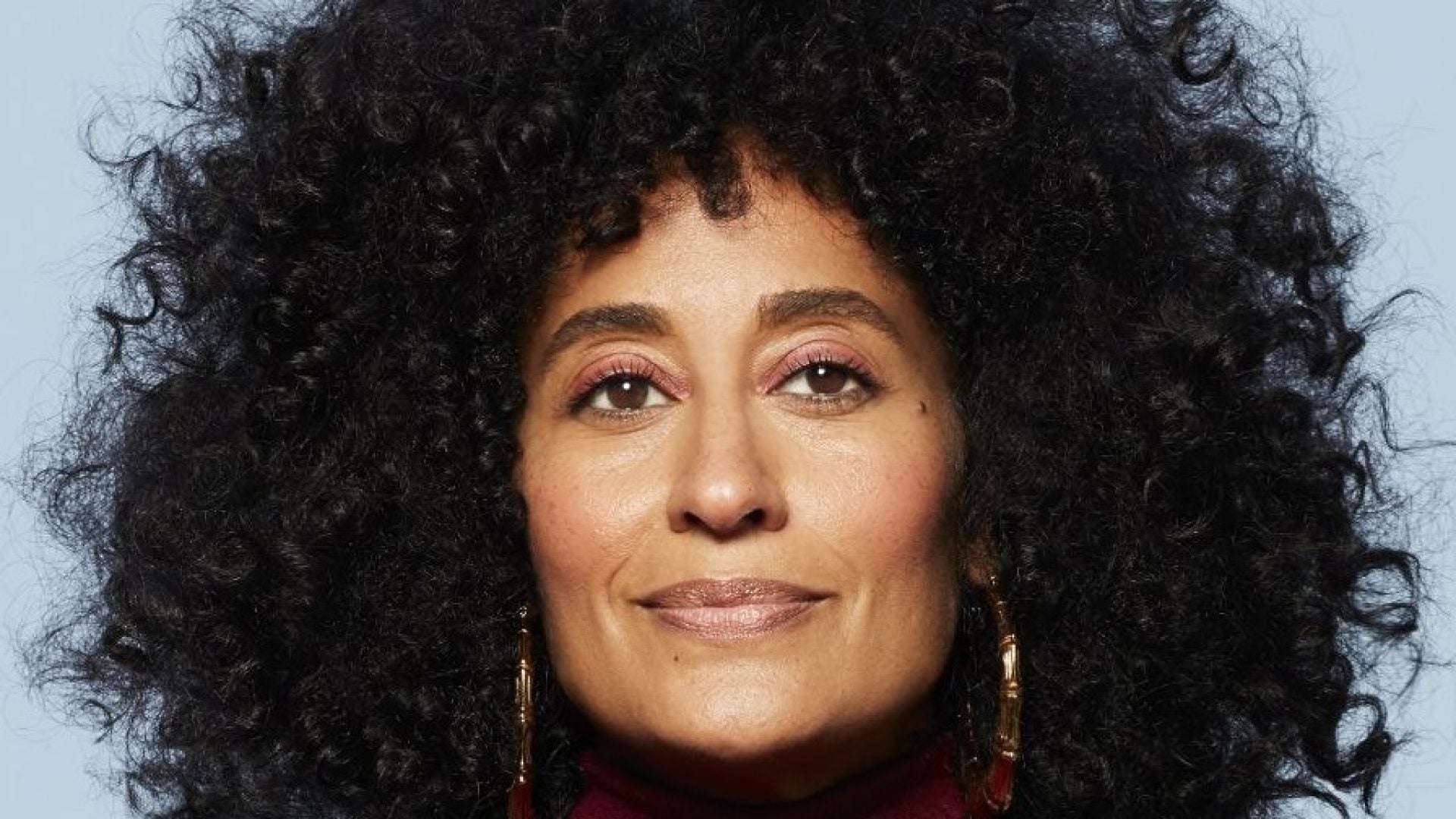
On Dec. 17, Color Of Change debuted a powerful paneled titled: InHAIRitance: Supporting Hair Love & Small Black Beauty Businesses. The discussion, powered by Dove, National Urban League and Western Center on Law and Poverty, surrounded a conversation on hair discrimination, and the importance of Black businesses, especially during the COVID-19 pandemic.
“Black hair has been at the center of economic, political, and cultural revolutions,” said actress Tracee Ellis Ross during the discussion. “We think of maps to freedom hidden in our braids; Angela Davis and her afro as a symbol of pride and resistance; Frederick Douglass’ hair as an expression of prosperity and perseverance against all odds. Hairstyle discrimination is an economic issue and a civil rights issue. Grooming policies are arbitrarily enforced, and prevent access to academic and economic opportunities for the Black community. The CROWN Act is an essential policy, safeguarding the existence, dignity, and humanity of Black people.”
And Congresswoman Ayanna Pressley shared those sentiments. “Every Black person has a story of racial discrimination, and hair discrimination has been a part of our experience as Black people for far too long,” said Pressley. “It’s not just about the impact on self esteem or how it undermines ethnic pride; hair discrimination can affect Black people’s ability to learn and, as a consequence, our economic status. The CROWN Act would codify nondiscrimination protections so that employers cannot discriminate based on ethnic hairstyles — and it will help liberate us to show up as our most authentic selves. The CROWN Act is civil rights legislation that grants us our rightful self-hood.”
The ladies were also joined by Arisha Hatch, Vice President of Campaigns, Color Of Change, Representative Leslie Herod, and small business owners Jennifer Lord and Thomasina Jackson. Check out the full, poignant discussion above.